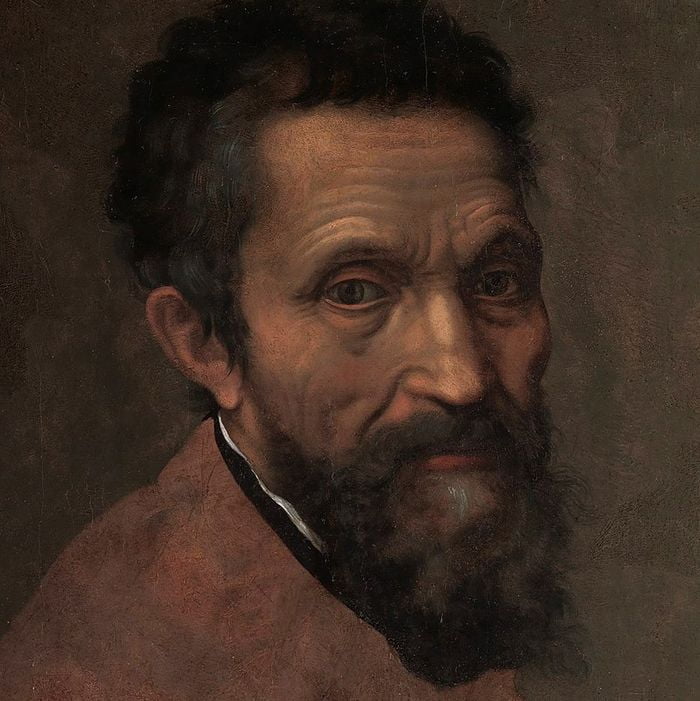Mr. Asquith’s View on Nationalities
According to Mr. Asquith, small nations should be valued and respected not only because of their size but because of three main qualities: history, life, and corporate consciousness. These are the true measures by which a people and their claim to land or independence should be judged.
The Meaning of History
When Mr. Asquith spoke of history, he did not mean the victories and conquests of powerful empires. If that were the case, then Rome would still have the right to rule most of Europe and Western Asia, simply because it once did. Instead, the history that matters is the history that has shaped the present desires, identity, and feelings of the people living in a land Sightseeing Turkey.
For example, some Serbian leaders have argued that Macedonia should belong to them because of the time of Tzar Dušan, who ruled in the 14th century. But even if we go further back, in 1018 the Bulgarian Tzar Samuel ruled over not only Macedonia but also much of present-day Serbia. Clearly, if history is taken too far back, it becomes confusing and contradictory.
The Time of Turkish Rule
For the people of the Balkans, the most important part of their shared history is the long centuries of Ottoman rule. The Turks came as conquerors and remained as oppressors. They often said that they came “in blood,” and in blood they were eventually driven out. The peoples who suffered under this oppression for centuries, and who finally freed themselves, gained the right to live on and govern the lands they reclaimed.
Life and Corporate Consciousness
Still, history alone is not enough. The true right to rule should be based on the wishes of the people living in each territory. This is where the ideas of life and corporate consciousness come in. Life refers to the vitality and energy of a nation, while corporate consciousness refers to the shared identity, traditions, and common purpose of its people Travel in Greece Comforts and Challenges.
The Bulgarian Example
During the last century, the Bulgarian people showed their strength of life and unity. They struggled for decades to free themselves from the religious and educational dominance of Greek bishops and priests. Their fight succeeded with the creation of the independent Bulgarian Church, headed by the Exarch.
The Slavic population in Macedonia fully joined in this struggle. By demanding religious and educational freedom, they proved their close connection to the Bulgarian nation and identity. This unity is clear evidence of their corporate consciousness, the shared belief that they belong to the same people and the same cause.
The rights of nations in the Balkans cannot be decided only by looking at the victories of kings or emperors from centuries ago. They must be judged by the living spirit of the people today—their shared struggles, their unity, and their desire for freedom. The Bulgarians, through their fight for independence in education and religion, gave strong proof of their vitality and national consciousness, and Macedonia was deeply part of that struggle.








